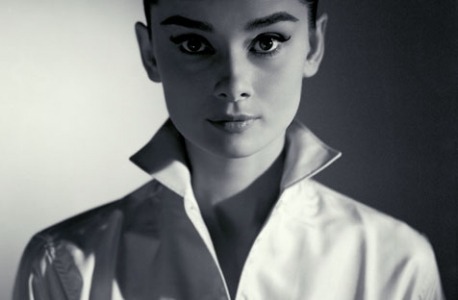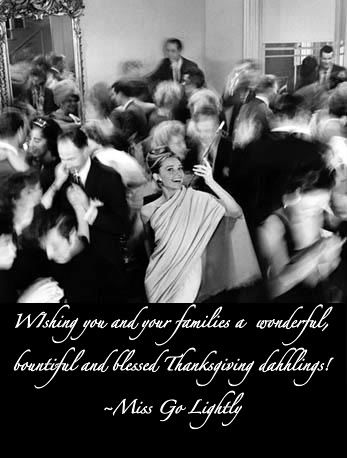Montgomery Clift, best known as "Monty" was a dedicated actor who exhausted himself both emotionally and physically with the depth of his characterizations. He was a handsome and gifted actor who was, sadly an isolated and tortured, closeted gay man who used drugs and alcohol to escape his pain, which later contributed to his death.
Monty was born in Omaha, Nebraska, on October 17, 1920 in Omaha, Nebraska. He was the son of a wealthy stockbroker who spent most of his time working in New York, leaving Clift, his twin sister Roberta, and his older brother Brooks in the care of their overbearing mother.
An upper-class childhood filled with lengthy holidays to Europe and the Bahamas ended suddenly with the stock market crash of 1929, forcing the family to move to a small house in Sarasota, Florida. It was there that Clift discovered the theater in a local teen acting club.
Much of Monty's adult life was spent in what appears to be a self-inflicted downward spiral, his addictions and all the harm they did him physically, professionally and in terms of his friendships.
Some have argued that his sexuality held the key, that in an age where homosexuality was still considered a mental illness and many gay people lived in painful closets, Monty couldn't come to terms with his preference.
By the late 50s Monty's growing erratic behaviour (he was caught running naked through hotels and streets), his drinking and drug-taking had warned a lot of people off - both friends and film-makers, producers and directors avoided him because of the problems he caused on set. But Elizabeth Taylor remained a loyal friend and they saw each other as often as they could, speaking regularly on the phone. She got him his next role using her star power - in the film version of Tennesse Williams' play
Suddenly Last Summer. Monty played a brain surgeon and in truth it was one of the low-points of his career. He appeared to drift through the role, visibly shaking, and was drinking heavily during the shoot. Director
Joe Mankiewicz and producer
Sam Spiegel wanted to fire him but Taylor and co-star Katharine Hepburn threatened to quit if they did. Hepburn tried to talk him through his alcoholism but Monty appeared unwilling to listen.
He fell off the wagon in time for his next picture,
The Misfits, in which he starred opposite
Clark Gable and
Marilyn Monroe as one of three cowboys. It is said that that director
John Huston feared that Monty would cause problems on set, but in reality it was Monroe who proved the greatest problem for director John Huston. Her marriage to the film's author
Arthur Miller was falling apart and her own addictions were tormenting her, forcing shooting to be suspended. Her scenes with Monty were often marked by continuing retakes as they battled to remember their lines but his performance as Perce is one of the great ones of his career - a man with physical and mental scars thanks to his life in the rodeo, a mother he cannot tear himself away from and a father who has disappointed him. Perhaps it was so good because there was so much of himself in the character.
He was in a downward spiral. Some wondered why his therapist, had not helped him more with his addictions and seemed to fight their attempts to get him into hospital to dry out. There were his health problems too - he had his cataracts to worry about, the long-term effects of the crash and a long-undiagnosed hypothyroid condition which had affected his balance and co-ordination. He would later suffer from arthritis. But most of his problems seemed to be mental.
Eventually, Monty bought a brownstone in Manhattan. His new home was a four-story building with seven rooms, six fireplaces, six baths, and a huge garden where he lived with his personal secretary, Lorenzo James.
On Monday, July 22, 1966, Monty spent the day closed off in his bedroom. He and his secretary barely exchanged a word. At one in the morning, Lorenzo came up to the bedroom to say goodnight. The Misfits was showing on television that night, and Lorenzo asked Monty if he wanted to watch it. "Absolutely NOT!" were the last words anyone heard Montgomery Clift say.
At six the next morning, Tuesday the 23rd, Lorenzo went to wake him. The bedroom door was locked. He tried to break it down, to no avail. He finally ran down to the garden, and climbed up a ladder into the bedroom window. He found Monty lying face up in bed, naked, but wearing glasses. His fists were clenched.
Lorenzo phoned the doctor to examine the body. After declaring Monty dead, he was taken to the City Morgue where an autopsy was performed. Monty was dead at the age of 45. It was reported that the official cause of death was found as "occlusive coronary artery disease", but in reality it was from years of alcohol and drug abuse. " His death was called the longest suicide in history by famed acting teacher,
Robert Lewis.





























































































